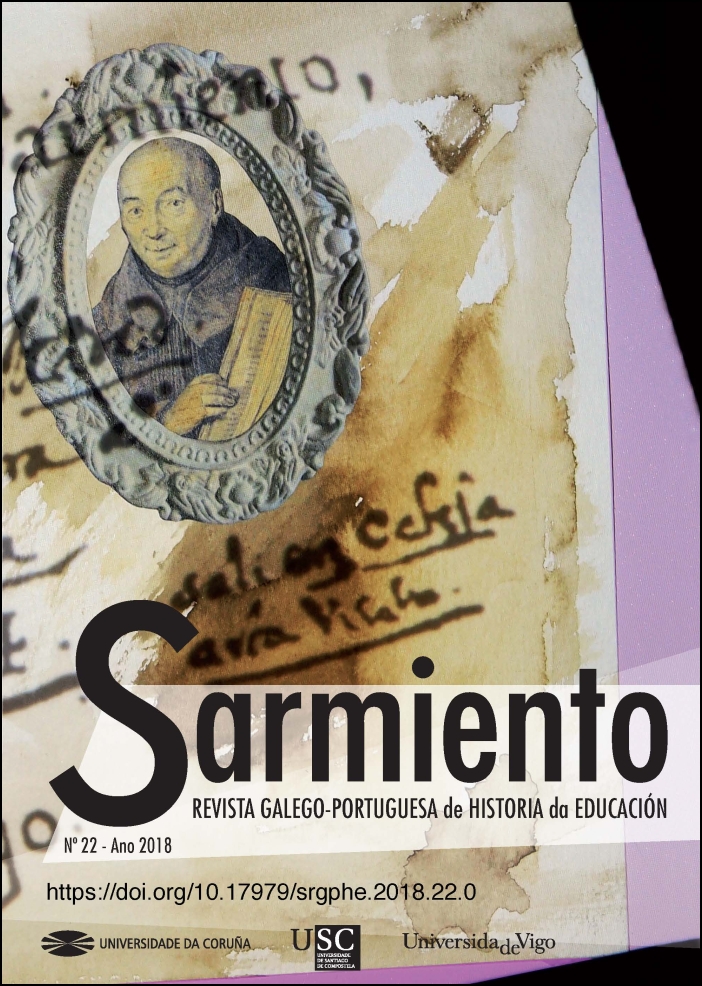Nature, senses and inclusion: the Helen Keller centre case study
Main Article Content
Abstract
This study focuses on the Helen Keller Center, a private Portuguese school founded in 1955 for the purpose of integrating students with different levels of vision: blindness, visual impairment or sighted. Located in Lisbon on 2500 acres of natural park, this school boasts a privileged situation, allowing for the natural environment to be an integral part of its pedagogical and social structure aimed at a widely diverse student body. From a neurological point of view, the spectrum of sensory experiences in these natural surroundings fosters balanced creative development through the different stimuli used for pedagogical purposes. Therefore, my main interest is to question the relationship between the discovery of nature and both the socialization and the sensorial learning processes. The history and developmental circumstances of this Freinet inspired school will bring us to the present day, when ecology has become part of the school’s daily routine.







